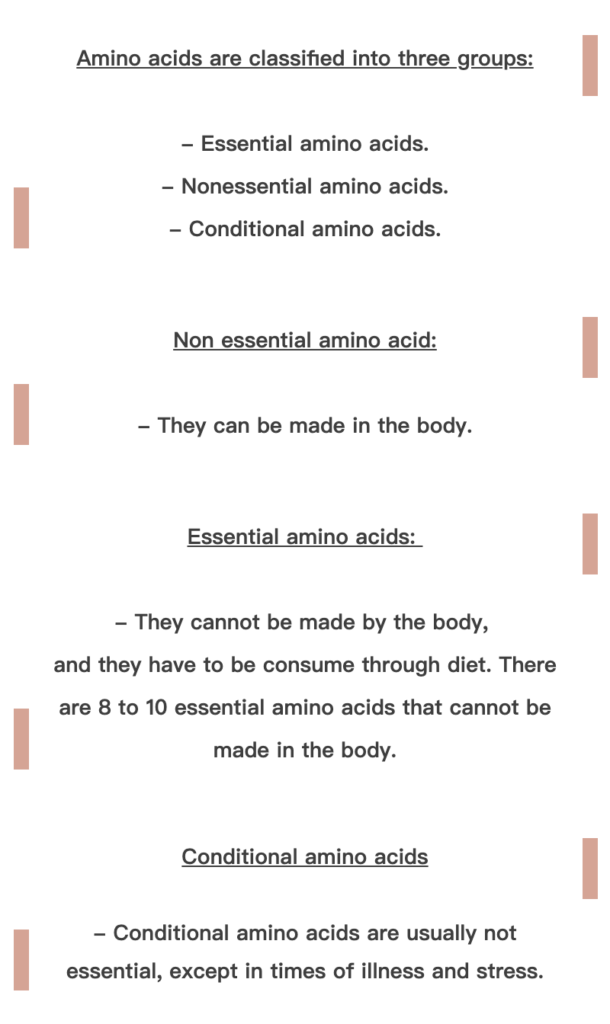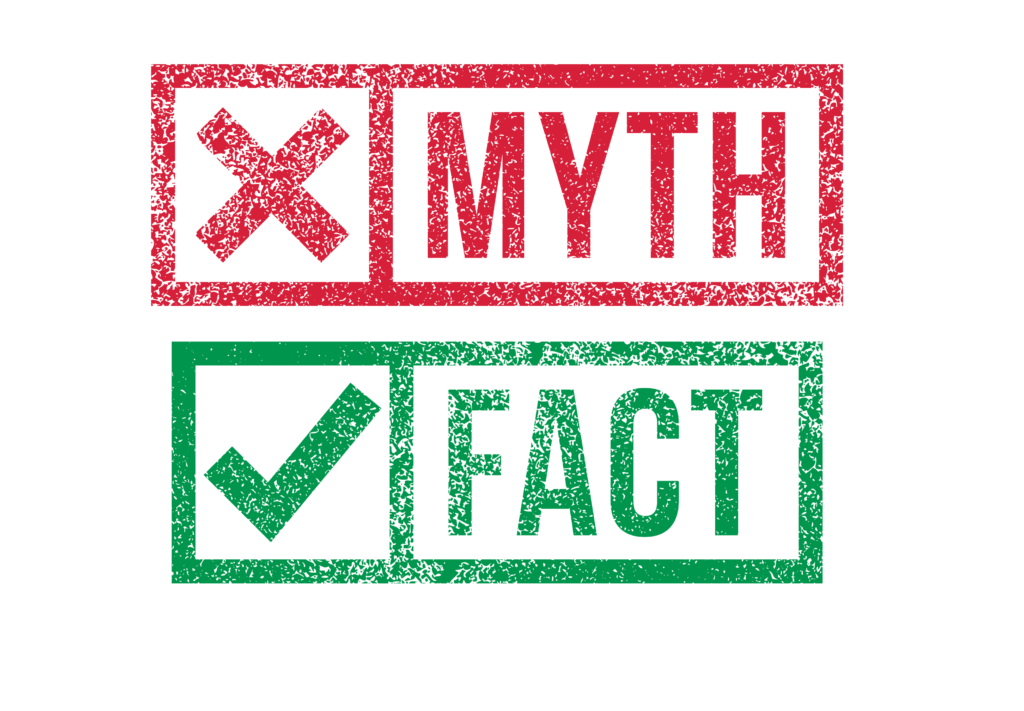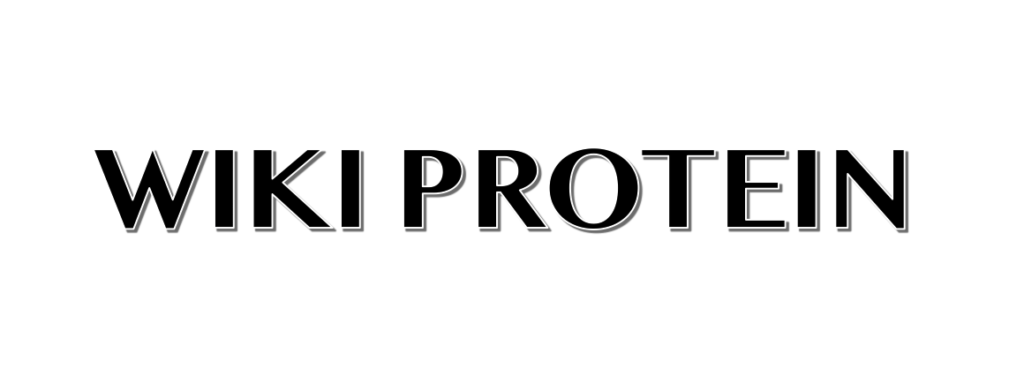Can I get all my protein from spinach and beans ?
Can I over do it?
These are the common question I get from clients.
Now before you say you are going for a keto or paleo diet, let me stop you right there.
The goal for each diet isn’t fat loss, and even if it is, the first thing that should be consider in ANY DIET isn’t how many kg you can lose in one week. The goal is your general health.
For example, a keto diet for a person with diabetes comes with risk and requires consultation with a doctor
Let’s start from very beginning shall we?
WHAT IS PROTEIN?
- “Is that “magic” powder that most people drink after a workout?”
- “What does it actually do?”
- “Where can it be found and how much do i need to consume?”
SOUND FAMILIAR DOESN’T IT ?
Protein is one of the macronutrients (a type of food required in large amounts in our diet) Macronutrients include Protein, Carbohydrate and Fat.
When it comes to protein, what I hear a lot is that it’s mainly for building muscle mass. While that is true, protein has a lot more to do with our body to just build muscle mass.
Protein is a macronutrient which breaks down to amino acids.Amino acids are the major structure of muscle, as well as the brain, nervous system, blood, skin, and hair.

Protein serves as the transport mechanism for iron, vitamins, minerals, fats, and oxygen in the body, and is the key to acid-base and fluid balance.
Protein forms enzymes that speed up chemical reaction and create antibodies that the body uses to fight infection.
Also during energy deprivation, the body can break down protein for energy. You see protein in not only for post workout food and build muscle, and that’s why they are necessary for your body.
Proteins are built from amino acids, which are carbohydrate with an attached nitrogen containing amino group and in some cases, sulfur. These are then used to help your body with various processes such as building muscle and regulating immune function.

Where can we find these essential amino acids?
Generally, animal product protein contains all of the essential amino acids (called complete protein), whereas plant foods do not and called incomplete proteins (low in one or more essential amino acids).
And that is the difference between protein in animal product and plant base proteins. However there are two notable exceptions: soy and chia sees, which are both plant-based complete proteins.

So yes you can get your protein from beans and vegetables. You just have to make sure you include soy and chia seeds.
It is recommended that between 10 to 35 percent of your daily calories come from protein. Another way to think about it is that most people should eat about 1 gram of protein per kilogram of body weight. What we’re looking at is usually 20 to 30 grams per meal at breakfast, lunch and dinner to support muscle mass and activity.
Though this meager amount may be enough to prevent downright deficiency, studies show that it’s far from sufficient to ensure optimal health and body composition. It turns out that the right amount of protein for any one individual depends on many factors, including their activity level, age, muscle mass, physique goals and current state of health.
Foods to include and exclude:
Choosing the right foods when eating a high-protein diet is important for maximum effectiveness. Below are some excellent protein choices that could be suitable for a variety of dietary plans:
- Eggs
- Leaner cuts of beef
- Chicken breast
- Turkey breasts
- Beans, such as garbanzo beans or black beans
- Shrimp
- Nuts and seeds, such as pumpkin seeds, peanuts, and almonds
- Fish, including salmon, flounder, and haddock
- Sprouted grain bread, such as Ezekiel bread
- Whey or plant protein shakes
- Lentils
- Quinoa
- Chickpeas
- Oats
- Dairy products, such as Greek yogurt, cow’s milk, or cheese
- Vegetables, including Brussels sprouts and broccoli
People with necessary dietary restrictions should also continue to exclude unsuitable foods. For example, a person who has lactose intolerance should not use milk products to increase their protein intake. A person should generally also avoid the following foods as part of their high-protein diet:
- Products that contain refined sugar, such as candy, baked goods, and sodas
- Highly processed foods
- Foods that manufacturers market as “diet” products, as they often contain excessive amounts of artificial sweetener

What Are the Potential Benefits of a High-Protein Diet?
It’s possible to see health benefits from following a high-protein diet, especially if it means you’re cutting out processed junk foods and sweets and focusing on lean meats, fruits and vegetables instead.
Some populations can benefit from high-protein diets more than others, since how much any one person needs depends on factors like their muscle mass, gender, age and activity level.
Here are some of the people
who may benefit from consuming more protein than
the recommended allowance:
Older Adults
One study of 50 to 75 year old adults found that those who ate double what federal guidelines recommend for daily protein intake helped protect against the muscle loss – and accompanying health problems like falls and fractures – that often comes with age.
People Trying to Lose Weight
Some research supports high-protein diets for weight loss. One small 2016 study in the journal Nutrients, found that women who followed a paleo diet lost over two-and-a-half times more weight in a month than those who stuck to a standard diet emphasizing fruits, veggies, whole grains and some low-fat dairy.
People Trying to Gain Muscle
A 2018 study in the Journal of the International Society of Sports Nutrition, for instance, concluded that people need double the recommended daily allowance of protein in order to best build muscle. To get really specific, it found they should eat between 0.4 and 0.55 grams of protein per kilogram of body mass at least four times per day. “Muscle is made of protein, which is made of amino acids.Adequate amounts of amino acids must be available in the diet to build more muscle
Myth or fact? you cannot eat too much protein

Myth: as far as weight is concerned, you cannot eat too much protein. Anything beyond what your body needs will get extracted in urine.
Rationale: because the body has little capacity to store protein, it makes sense that anything consumed beyond what the body needs will just get removed in the urine.
The science: it is true that the body has a limited ability to store protein. it is also true that the portion of the protein does get extorted in the urine( the nitrogen group). however, the other portion of the protein (carbon group) is readily converted to glucose or fat, depending on the body’s current needs. ultimately, protein consumed beyond what body needs has the same fate as carbohydrates or fat consumed beyond what the body need..




My brother recommended I might like this website. He was totally right.
This post truly made my day. You can not believe just how a lot time I had spent for this info!
Thanks!